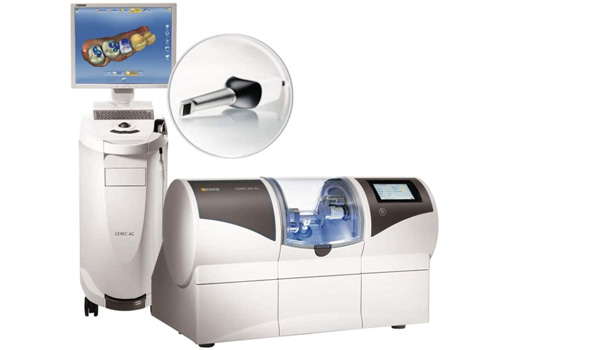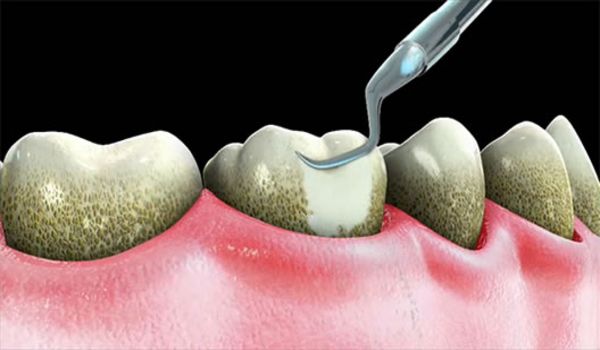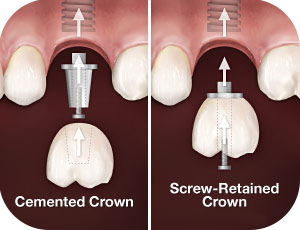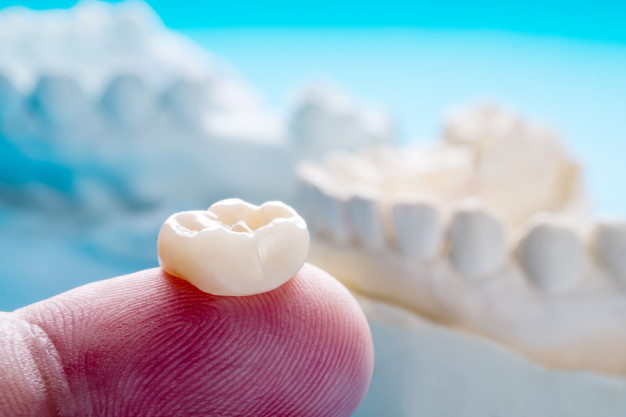
Dental Implants
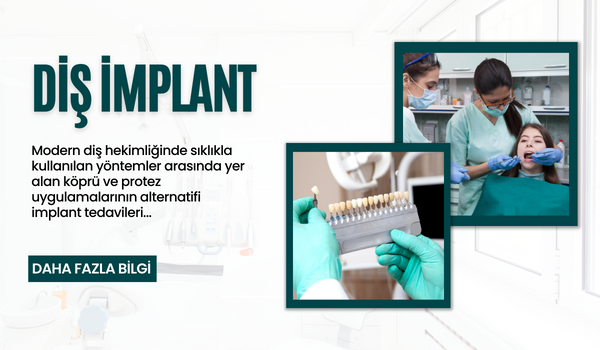
- 27 December 2023
- Dent Smile
Rapidly advancing technologies benefit various fields, particularly modern medicine. Dentistry has also been leveraging modern medicine in recent years.
One commonly used method in modern dentistry is implant treatments, serving as an alternative to bridges and dentures. According to archaeological findings, treatments matching the definition of implants are indicated to belong to the Mayan civilization.
What is an Implant?
Implants are titanium screws placed into the jawbone to treat missing teeth. Dental prosthetics are then attached to these screws.
One advantage of implant treatment over other methods is that it allows for the treatment of adjacent teeth without cutting or causing damage.
An implant tooth always serves as a root, enabling the patient to eat, speak, and smile comfortably, just like with natural teeth.
Dental implant surgery involves surgical procedures that replace tooth roots with metal, screw-like posts, resembling and functioning like real natural teeth.
Implant dentistry provides an effective alternative to ill-fitting dentures or bridge teeth. It is a more preferred method nowadays if the patient’s oral structure is suitable. Additionally, the long lifespan and durability of dental implants are advantageous for patients. When patients maintain proper care and hygiene, implants can serve their functions for an extended period, saving time and costs compared to recurring dental treatments and prosthetic replacements.
When Are Implants Applied?
Dental implants are commonly used to replace and support missing teeth. Some applications include:
1. Single tooth loss: If the bone in the area where the implant is to be placed is sufficient, an implant can replace a missing tooth with a dental crown.
2. Full or partial tooth loss: Implants can be used to create fixed or removable prosthetics when multiple teeth are missing.
3. Jaw and facial defects: Implants can provide an aesthetic appearance when treating defects in the jaw and facial regions.
4. Resorption of jawbone: Tooth loss can lead to bone resorption in the jaw over time. If the jawbone has resorbed, bone grafting may be necessary before implant treatment.
5. Patients preferring removable prosthetics: Implants are an ideal option for patients who prefer removable prosthetics. They are more practical and comfortable compared to removable dentures.
How Is Implant Treatment Performed?
Before implant treatment, the patient undergoes detailed X-rays and examinations. Measurements of the jawbones and remaining teeth are taken to initiate the process.
There are two options for placing dental implants:
1. Single-Stage Permanent Implant:
• This is a relatively new method that allows for the creation of a prosthesis in a single stage. High-quality bone and tight placement of the implant into this jawbone are crucial for prosthesis creation in a single stage. Especially in anterior teeth, single-stage permanent implants are preferred due to aesthetic concerns.
2. Two-Stage Implant:
• After attaching the dental implant, it is covered with gum tissue to allow for the healing process. Prosthetic abutments are attached after healing.
Temporary bridges are placed in both stages, and a healing period of approximately 3 months for the lower jaw and 6 months for the upper jaw is expected. Dental implants allow patients to eat, speak, and smile confidently.
Zirconium implants, also known as the new generation of implants, are used today. Zirconium implants are applied to increase the resistance of implants made of titanium. It is particularly used in patients with a narrow jawbone structure to enhance the durability of the jawbone. Moreover, due to its natural tooth-like whiteness, zirconium is used in dental crown treatments. It is practical and aesthetically pleasing in terms of durability.
Implant treatment is performed under local anesthesia, ensuring that the patient does not feel any pain or discomfort during the procedure. However, mild pain and swelling may occur afterward.
After implant treatment, paying attention to oral and dental health ensures the longer lifespan of implants. Visiting your dentist every 6 months for implant check-ups and cleanings can extend their lifespan between 25 to 30 years.
Our teeth not only affect our aesthetic appearance but also impact our quality of life. Considering all these factors, we should always prioritize the importance of our dental health and not forget our necessary check-ups.
 EN
EN
 TR
TR DE
DE AR
AR FR
FR
